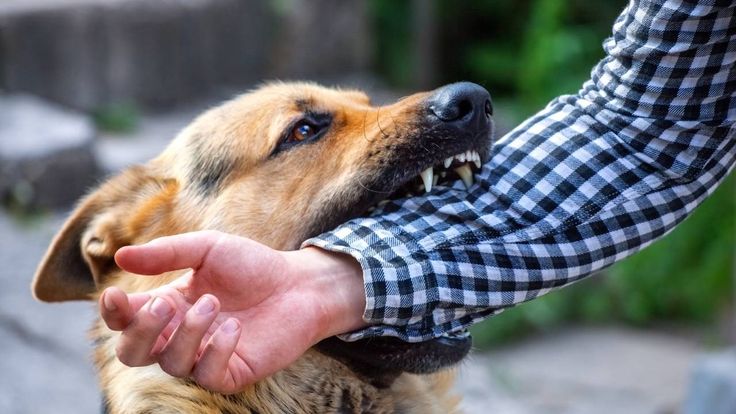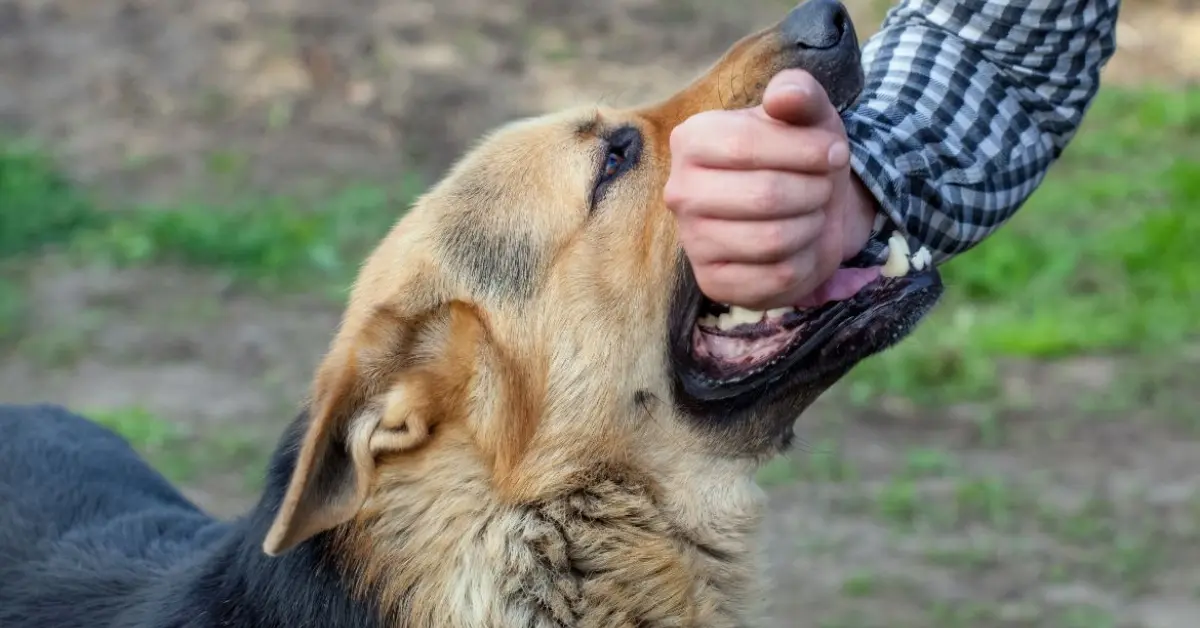German Shepherds are renowned for their loyalty, intelligence, and protective nature. As advanced dog enthusiasts, it’s crucial to delve into the intricate details of their behavior, including biting tendencies. In this comprehensive article, we will explore various facets of German Shepherd bites, ranging from bite force to causes and remedies for biting behavior.
Anatomy and Bite Force of German Shepherds
German Shepherds possess a powerful bite force owing to their unique anatomical features. The strength of a dog’s bite is often measured in pounds per square inch (PSI). A German Shepherd’s bite force averages around 238-750 PSI, reflecting their capability to exert considerable pressure with their jaws. This robust bite force is attributed to their strong jaw muscles, skull structure, and sharp teeth.
Rottweiler vs. German Shepherd Bite Force: A Comparative Analysis
When comparing bite forces between Rottweilers and German Shepherds, it’s important to note that both breeds possess formidable bites. Rottweilers typically have a slightly stronger bite force, averaging around 328-816 PSI. However, it’s essential to remember that bite force isn’t the sole indicator of a dog’s behavior or temperament.
Can a German Shepherd Bite Its Owner?

German Shepherds are known for their loyalty and affection towards their owners. While they may display protective behavior, a well-socialized and properly trained German Shepherd is unlikely to bite their owner without a compelling reason, such as feeling threatened or provoked. Responsible ownership and positive training can mitigate the likelihood of such incidents.
Biting Behavior in German Shepherds: Exploring Different Stages
6-Month-Old German Shepherd Biting
Biting is a natural behavior in puppies, including German Shepherds. At around 6 months of age, puppies may go through a teething phase. This phase can lead to increased biting as puppies seek relief from discomfort. Providing appropriate chew toys and teaching bite inhibition during this period is crucial.
German Shepherd Puppy Biting Phase
Puppy biting is part of their developmental process. Puppies explore their environment and learn about social interactions through their mouths. It’s imperative for owners to engage in consistent training to teach bite inhibition and redirect the biting behavior toward acceptable outlets.
Understanding the Reasons Behind Biting
Excessive Biting: Causes and Remedies
1. Teething: As mentioned earlier, teething can cause discomfort, leading to increased biting. Offering cold chew toys or damp washcloths can soothe their gums.
2. Lack of Socialization: Improper socialization during a puppy’s critical period can result in fear-based aggression. Early exposure to various environments, people, and other dogs can mitigate this issue.
3. Fear and Anxiety: German Shepherds may bite due to fear or anxiety. Identifying triggers and using positive reinforcement to build their confidence is essential.
4. Dominance or Territorial Behavior: Proper training and establishing clear boundaries can prevent dominant or territorial aggression.
Self-Biting in German Shepherds

Self-biting or self-mutilation can be caused by several factors, including allergies, skin irritations, anxiety, or compulsive behavior. Consulting a veterinarian to rule out medical causes and working with a professional dog behaviorist can help address and manage this behavior.
Why My German Shepherd Bite You?
German Shepherds may bite due to various factors, including teething discomfort, lack of proper socialization, fear, anxiety, territorial instincts, or even playfulness. Understanding the underlying reasons for their biting behavior is essential in order to address it effectively. Training, positive reinforcement, and early socialization play pivotal roles in guiding their behavior toward appropriate outlets and ensuring a well-adjusted and non-aggressive companion.
Why does my German Shepherd bite so much?
Excessive biting in your German Shepherd could stem from factors such as teething, lack of proper training and bite inhibition, insufficient mental and physical stimulation, anxiety, fear, or a need to establish dominance. Identifying the specific cause behind the behavior is crucial to implementing targeted training and behavior modification techniques that promote appropriate chewing outlets and discourage excessive biting, fostering a harmonious relationship between you and your canine companion.
How to stop German Shepherd from Biting?
To stop a German Shepherd from biting, employ a combination of consistent training and positive reinforcement techniques. Teach bite inhibition by providing feedback when their bites are too hard, encouraging gentle mouthing. Offer a variety of chew toys to redirect their biting behavior towards acceptable items. Socialize them early and frequently, exposing them to different people, animals, and environments to reduce fear-based aggression. Engage in obedience training to establish clear boundaries and commands, reinforcing the concept of hierarchy. Utilize distraction techniques like commands or treats when you sense they might bite. If the biting persists or escalates, consider seeking guidance from a professional dog trainer or behaviorist to address the issue effectively.
Conclusion
In conclusion, understanding German Shepherd biting behavior requires a multifaceted approach. From comprehending their anatomical features and bite force to addressing the causes of biting, advanced enthusiasts can provide optimal care, training, and guidance to ensure the harmonious coexistence of these intelligent and loyal companions in our lives. Remember, a well-trained and well-socialized German Shepherd is less likely to exhibit problematic biting behaviors.
FAQs
Is it common for German Shepherds to bite?
As per findings from a study featured in the International Journal of Pediatric Otorhinolaryngology, it appears that some dog breeds have a higher tendency to bite than others. Surprisingly, German Shepherds claim the fourth spot on the list of breeds with a higher likelihood of biting.
Why does my German Shepherd gently bite my hand?
During playtime or moments of excitement, some dogs may mouth or nip, showing their enthusiasm or impatience. This behavior is common, particularly in herding breeds or dogs with a strong prey drive, as it aligns with their natural instincts. You may notice them playfully nipping at your heels or mouthing your hand, especially when engaged in active games or being chased.
Do German Shepherd bites hurt?
While German Shepherds are renowned for their roles as both working canines and cherished pets, it’s important to acknowledge that they’re also considered one of the more risky breeds, with a notable incidence of attacks. Their powerful jaws mean that when they do bite, the injuries inflicted can be severe, including fractures and hemorrhaging.

